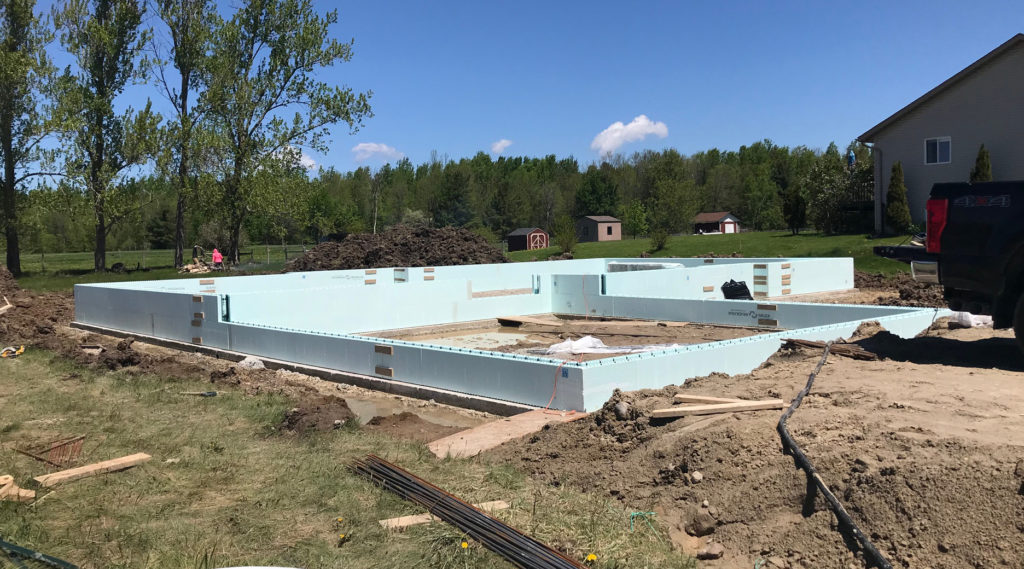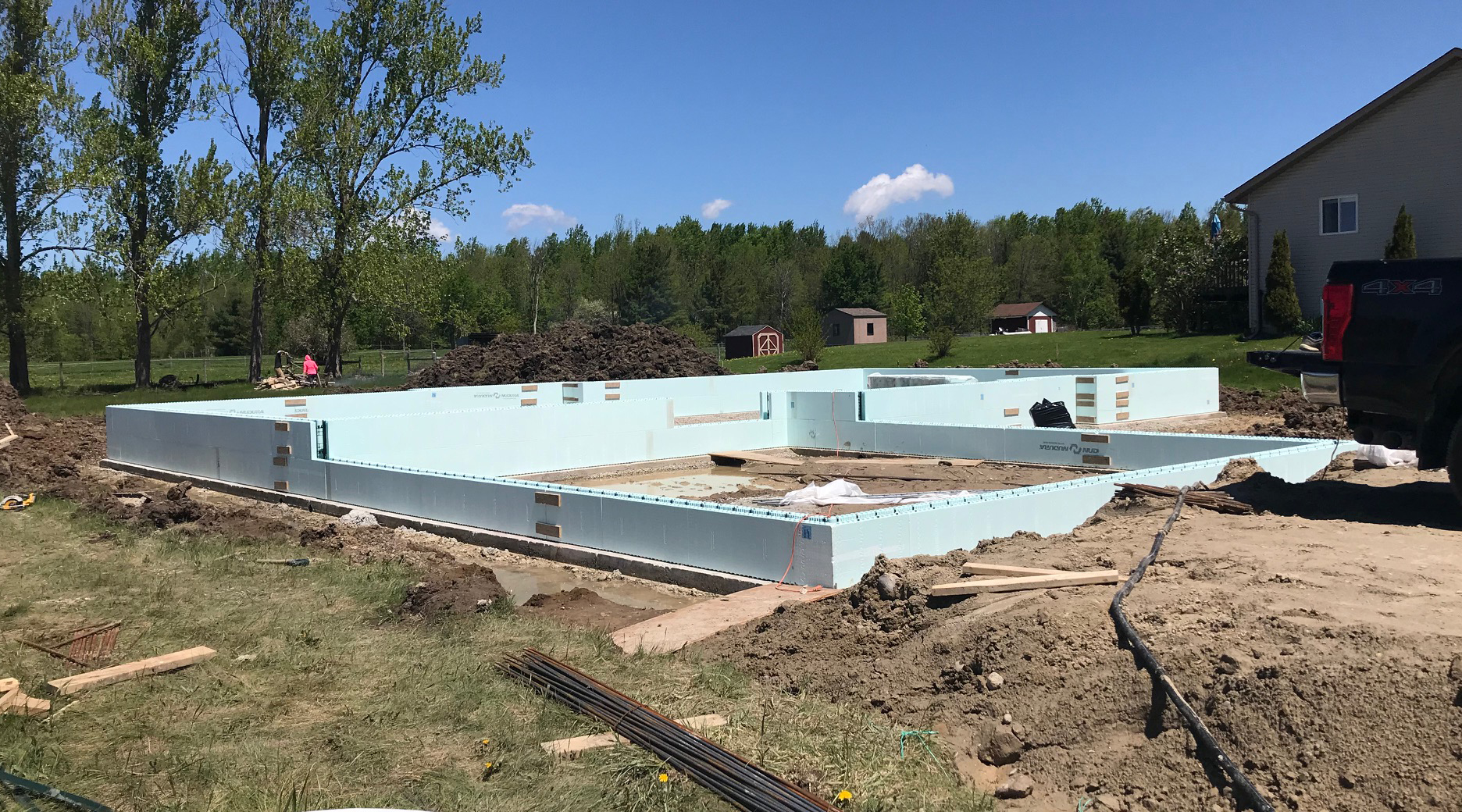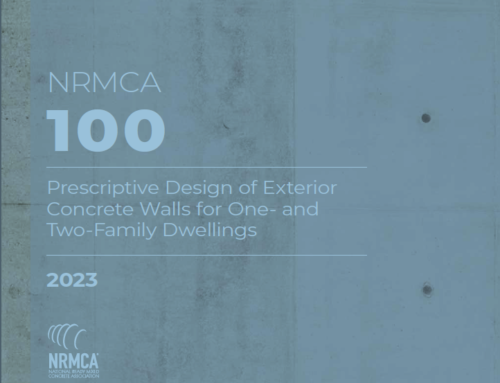
The foundation is the most important part of a new home construction. Its solidity and durability will define the structural load it can withstand. It also serves to make sure the load is spread out evenly, preventing any kind of uneven settlement. Solid and well-built, it offers a firm bed for construction, improving the stability of the whole structure. Various systems and materials are used to build foundations, but all have to adhere to certain basic criteria. For instance, you have to consider the type and bearing capacity of the soil you are going to build your house on. Settling, water, and frost are equally important aspects that should help you decide what type of material you are going to use and how. A solid foundation will offer a stable home for years.
Foundations made with ICF are durable and energy-efficient
Initially, concrete foundations were made by pouring concrete into temporary forms. Once the concrete was cured, it was removed from the forms. Over the past few decades, insulated concrete forms, also known as ICFs, have emerged as an innovative building material in the construction industry deemed the highest strength level reached with concrete.
According to Keven Rector of NUDURA, one of the leaders in this technology, the advanced design combines two panels of thick (EPS) foam with the structural strength and thermal mass of concrete. “The resulting envelope immediately gives your house hurricane wind-resistance up to 402 kilometers per hour (250 mph).” When constructed with ICFs, the foundation forms stay in place. Insulation is furthermore provided on each side of the concrete while integrated framing is inserted within the form itself. This blend of thermal insulation and mass creates a vapor and air barrier. This is definitely a plus point to save heating energy in winter, added Rector, “Concrete walls also deliver an energy efficiency rating as high as R-50 (compared to an average R-20 in wood structures) saving you up to 60 per cent on energy bills.” ICFs equally have a high level of compressible strength.
In other words, their resistance to breaking is very high, especially when they are reinforced with steel. ICFs are furthermore green building certified, as they help
minimize construction waste and are environment-friendly.
Reasons to choose an ICF foundation
ICFs are increasingly being used to build houses and commercial buildings. They present various advantages be it in the short term or long term. Following are some key reasons they are the best choice when it comes to foundations too:
- ICFs help to keep the basement cool in summer and maintain warmth on cold days as it eliminate drafts and air leaks.
- Space can be expanded easily without having to add to the supplementary structure. It is yet another savings.
- Once installed, the outside basement is ready for drywall. There is no need for framing, insulation or vapor barrier.
- With ICFs, construction can be carried out even in adverse weather. Concrete can be poured even under freezing temperatures as it does not freeze between two pieces of insulation.
- On the whole, building a foundation with ICFs requires about 50 per cent less time than traditional construction methods.
- A home built with this concrete system is also fire resistant, sound resistant, storm resistant and is far less prone to mold, cold spots and drafts.
More information is available at www.nudura.com.












